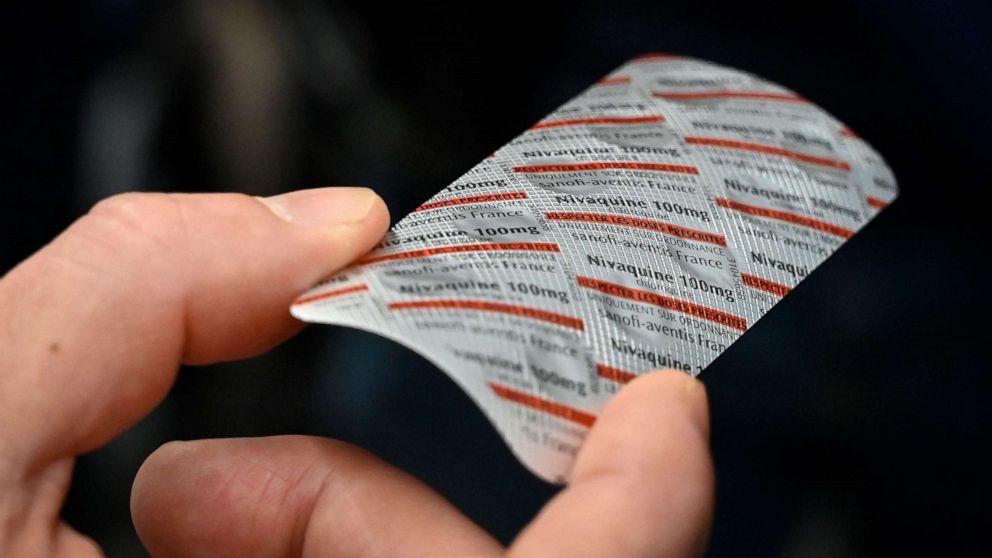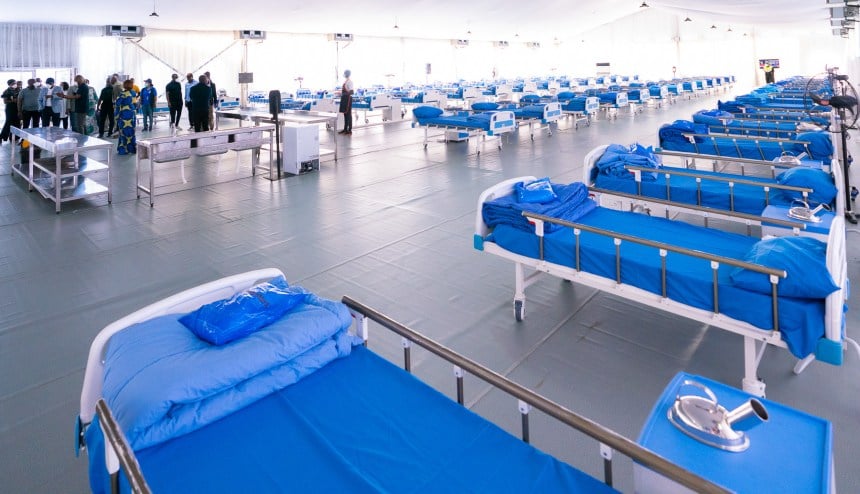A Brazilian study on the effectiveness of chloroquine against coronavirus has ended abruptly over hearts complications developed by patients.
Chloroquine is an oral artemisinin-based monotherapies (oAMTs) for malaria treatment.
The study, sponsored by the Brazilian state of Amazonas, involved 81 hospitalised patients in the city of Manaus.
About half the study participants were given a dose of 450 milligrams of chloroquine twice daily for five days, while the rest were prescribed a higher dose of 600 milligrams for 10 days.
Advertisement
Researchers observed heart arrhythmias in patients taking the higher dose, within three days of using the drugs.
By the sixth day of treatment, 11 patients had died, leading to an immediate end to the high-dose segment of the trial.
The researchers said the study did not have enough patients in the lower-dose portion of the trial to conclude if chloroquine was effective in patients with severe disease.
Advertisement
US President Donald Trump had earlier said the malaria drug has been approved for use against coronavirus, a claim refuted by the FDA.
TheCable had reported how Nigerians in Lagos and Abuja scrambled for the malaria drug after Trump’s remarks.
The Nigeria Centre for Disease Control (NCDC) has warned against self-medication of the drugs, saying the World Health Organisation (WHO) is yet to approve the use of chloroquine for coronavirus treatment.
The Lagos state government had earlier said some hospitals in the state have been receiving patients suffering from chloroquine poisoning.
Advertisement
Add a comment






